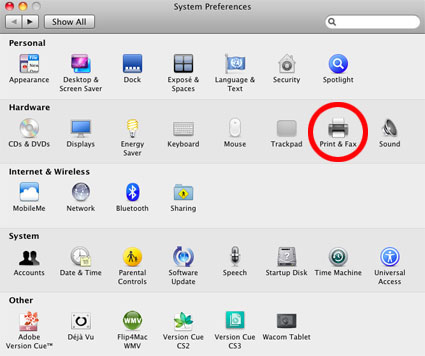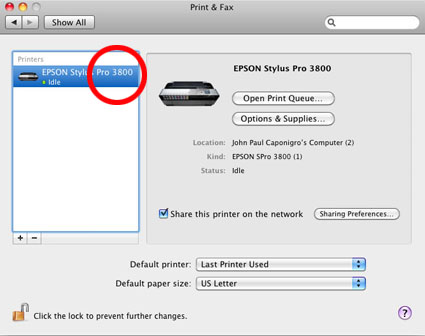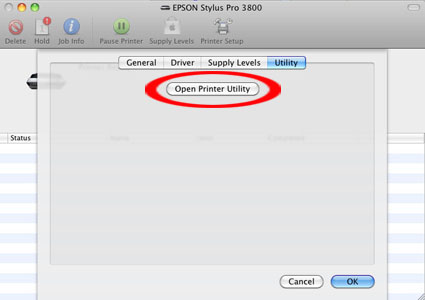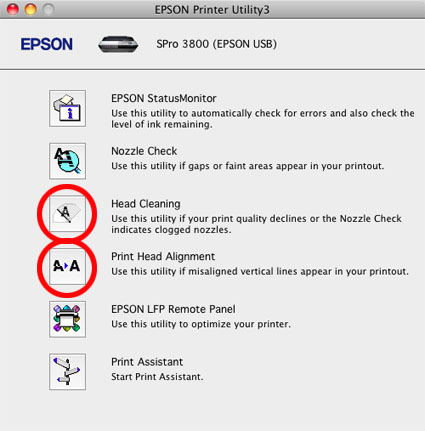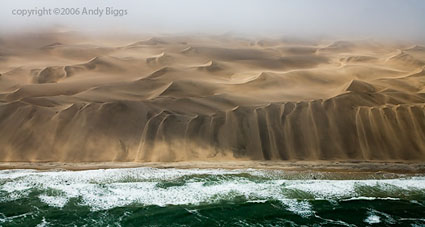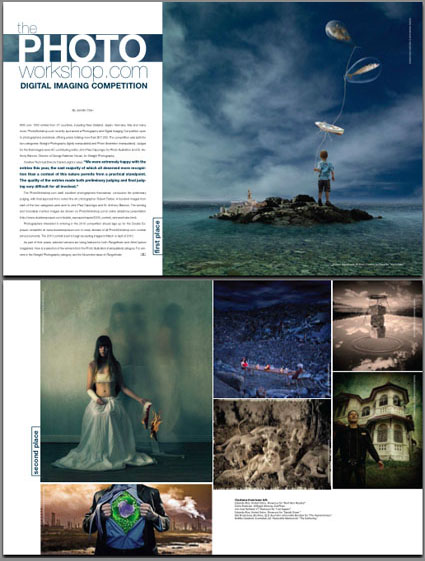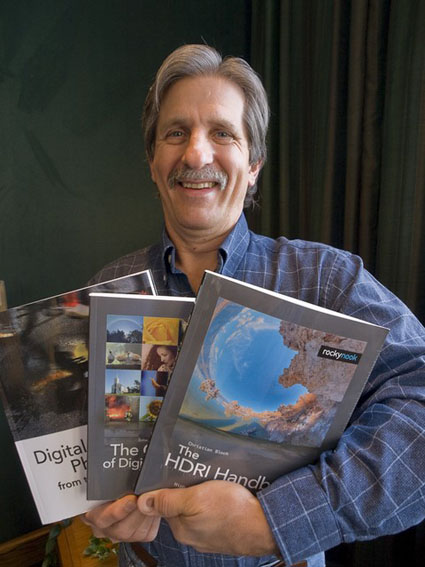
Alumni Jeff Fox recently published his first book. He shares his experience with self-publishing here …
Self-publishing a book: My adventure so far
In June 2008, I took my first workshop with JP, “Illuminating Creativity.” It so inspired me that six months later I began work on my first book. Published in April 2009, Yankee Stadium: The Final Game is a photographic essay, with commentary, on the passing of The House That Ruth Built. (As I write, the original Yankee Stadium is in the process of being dismantled and replaced by a public park.)
The book is sold on Amazon and Barnes & Noble. It has also been featured on several blogs that cover the Yankees, as well as in USA Today Sports Weekly.
In the hope of informing other would-be authors, I share below some of my experiences and what I’ve learned from them so far.
The project was driven by one of my passions: A lifelong Yankee fan (I’d been going to Yankee games since 1962), on September 21, 2008, I set out for the final game ever played at the Stadium, intent on capturing and preserving the experience for all time. There was no conscious intention to produce a book, although I can’t say the idea wasn’t floating around somewhere in the back of my mind. Armed with my Nikon D300 and a couple of lenses, I tried to capture the feeling of being in the neighborhood on that historic day, as well as at a variety of locations within the Stadium itself—in and under the stands, plus on the field before, during, and after the game.
A couple of months later, I decided to turn the photos into a book, using a print-on-demand service called Blurb.com. The nice thing about this service is that you can download free software with templates that make laying out a book so easy that you can do it in a matter of a few days. The problem with such services, I soon learned, is that they are too expensive (at least for photographic books) to be able to sell books profitably on the open market. However, Blurb.com proved a wonderful tool for prototyping my book and, just a couple of weeks after I started, I had a bound book to show people. There is a huge difference between describing a book, or even sketching one out, and having one that people can hold and flip through.
If you’re interested in producing a relatively small number of copies of a book, no more than a dozen or two, to showcase your work or for colleagues, friends, and relatives, a service like Blurb (or Lulu) is all you need. But after I got raves from a number of people who saw my protype, my goal quickly became selling thousands of books in the marketplace. With the baseball season a few short months away, there really wasn’t much time to get an agent and find a publisher. So I formed my own publishing business (Veridico Publishing LLC). And, after some research, I decided on a more economical way to print: A commercial printer using a four-color press.
Conventional printing is economical, but driving down the cost per copy can require a significant up-front investment. Which you means you’d better have some cash on hand and be confident that you can eventually sell all, or at least most, of what you print. (Printing abroad is generally cheaper, but I decided to print my book in the United States.)
I’ll spare you all the gritty details of designing the book and getting it ready to print. Suffice it to say that the process was laborious, often maddeningly frustrating, and seemingly endless. But with the help of a professional designer I knew, I had everything ready for the printer in about seven weeks. (It also helped that I’m a professional editor.) Only after the printing was underway did I learn that what I had just been through was not the toughest part of publishing a book. Neither was getting the book listed on Amazon (Among other things, I had to buy an ISBN number and bar code; set a retail price; buy domain names for my own web site; and file as a business in a couple of states).
The toughest part of publishing a book, basic as it may seem, is making your best customers aware that the book exists. Amazon helped; it can do a lot to promote your book, though you must give up a chunk of your royalties in return. The essential problem in marketing is that, for an unknown author, traditional advertising is unprofitable. You have to sell a lot of books that way just to break even.
That leaves a number of other ways of getting the word out; I’ve tried the following: Street distribution of postcards (didn’t seem to be very effective); getting press and blog coverage (very effective, but requires that you or your book be newsworthy); book signings (small bookstores and public libraries worked well; large-chain bookstores haven’t yet); specialty stores (souvenir stands near Yankee Stadium have been so-so); blogging (my own blog, YankeesGadfly, has directed traffic to my web site and increased my visibility to search engines; Twitter (my tweets have been very effective at getting traffic for my site); Google Adwords (buying ads on Google has provided millions of ad impressions online very cheaply, though it’s not yet clear how many have turned into sales). I’ve also publicized the book on Facebook.
My next effort is to offer the book at a sports memorabilia show. I’m also considering street vending in NYC at opportune locations. To market a book, you must be resourceful and endlessly creative.
So far, I’ve sold a fair number of books, though I’m not yet in the black. (Not only must revenues cover printing costs, but there are other overhead items, such as shipping, legal, web hosting, etc.) But I’ve learned a lot. And, should I produce another book or two, I believe this will be a profitable business, as well as a lot of fun.
If any JP alumni would like to get in touch with me, drop me a line at: jf@pipeline.com
